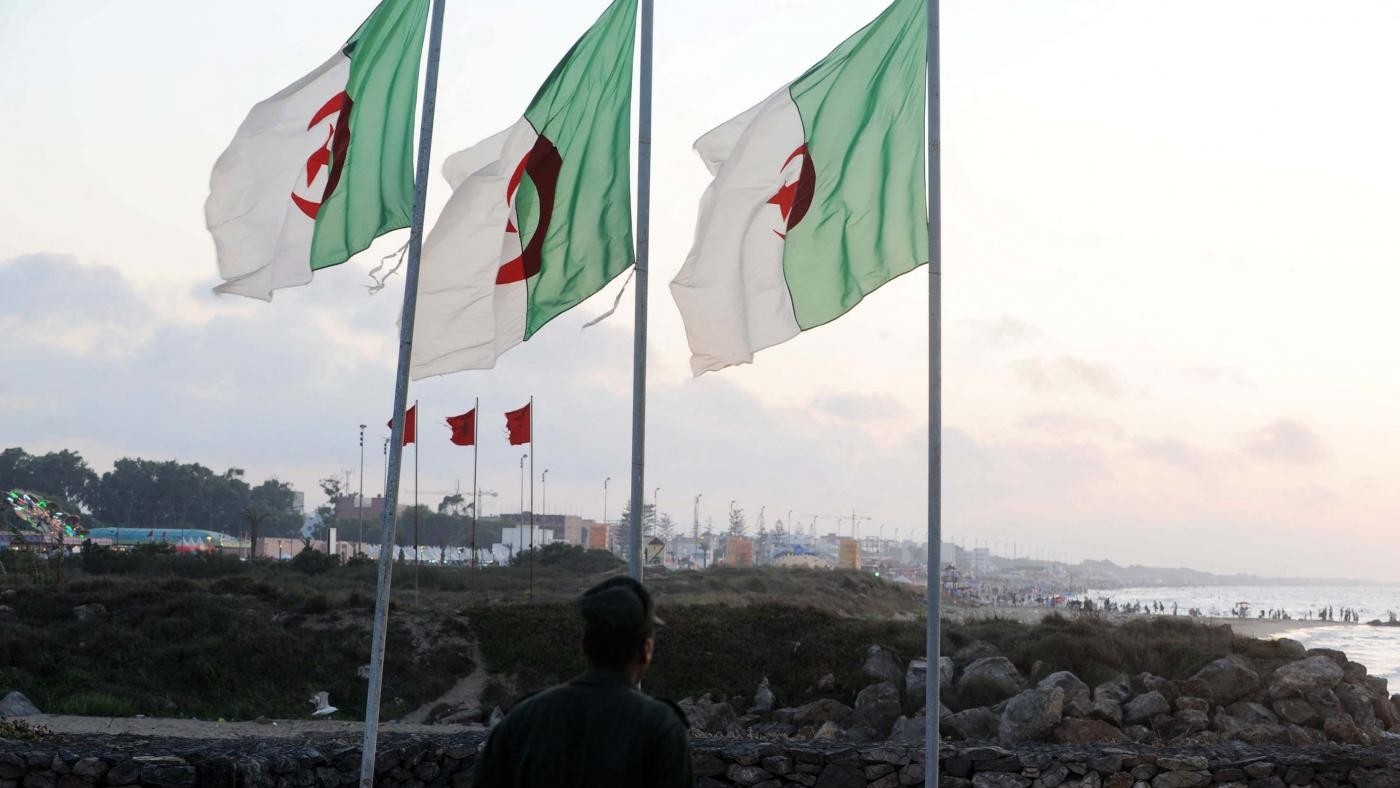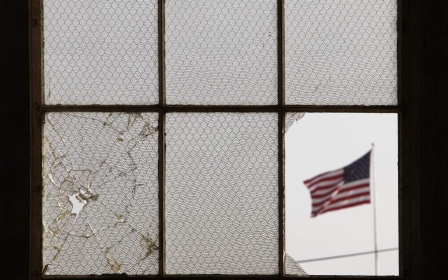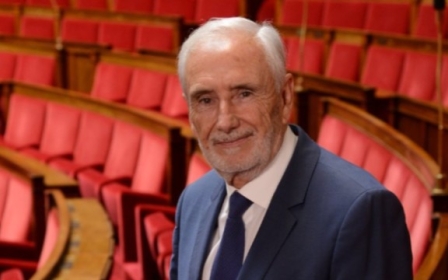France told to keep criticism of Algeria's national anthem to itself

Algeria’s foreign minister, Ahmed Attaf, has expressed his astonishment at French attempts to wade into a debate about the North African country's national anthem.
Algeria has restored its original national anthem from 1962, which mentions France and French imperial rule.
This has sparked a backlash in Paris, with French Foreign Minister Catherine Colonna calling the move “outdated".
“[I am] astounded by the fact that the French foreign minister thought she could express an opinion on the Algerian national anthem," said Attaf in an interview on Wednesday.
Continuing ironically, he added: “She should have criticised the melody as well. Maybe it doesn't suit her.”
New MEE newsletter: Jerusalem Dispatch
Sign up to get the latest insights and analysis on Israel-Palestine, alongside Turkey Unpacked and other MEE newsletters
On 24 May, Algerian President Abdelmadjid Tebboune issued a decree reintroducing a stanza that calls out France by name.
The verses say: "O France, the time of reproof is over, and we have ended it as a book is ended; O France, this is the day of reckoning, so prepare to receive from us our answer!"
When asked by journalists on 19 June to remark on the change, Colonna initially said that she didn't want to comment before going on to comment.
France’s top diplomat said the verses were from a bygone era that reflected a process of decolonisation.
This didn’t go down well in Algeria, where the comments were seen as interference in the country’s domestic affairs by the former coloniser.
In fact, the passage in question was never really withdrawn from the national anthem.
The 2008 Algerian constitution further stipulates that the national anthem is immutable.
This new decree replaces a previous decree dating from 1986, according to which “the national anthem is performed, song and music, according to the related ceremonial".
The ambiguous formulation allowed Algerian authorities to phase out the verses without removing them from the anthem.
The segment in question was reduced in prominence and was often not played to avoid tension with Paris. This was especially the case when Algeria faced difficult economic times due to an oil crisis in the 1980s.
The words of the Algerian national anthem were written by the poet and thinker Moufdi Zakaria in 1955, at the request of leaders of the National Liberation Front (FLN), which led the country’s war of independence against France.
Years of tensions
In recent years, tensions between the two countries have been on the rise, with Paris and Algiers regularly trading barbs.
Following the latest flare-up, Attaf said: "For certain French parties or politicians, one gets the impression that Algeria has become an easy subject to use for political purposes."
The Algerian government recently indefinitely postponed an official visit by Tebboune to France that was scheduled for May and was intended to get the relationship back on track.
Unease has been clear since February, when the Algerian government accused France of helping Amira Bouraoui, an activist with dual Algerian-French citizenship, to flee the country into neighbouring Tunisia and then onwards to France.
The French authorities, through the embassy in Tunisia, intervened so that Bouraoui, a prominent representative of the Hirak protest movement, would not be extradited to Algeria.
Since Bouraoui had French nationality, “authorities exercised their consular protection," said the French Ministry of Foreign Affairs at the time.
This move was considered by Algiers to be a "violation of national sovereignty" and it decided to withdraw its ambassador from Paris, Said Moussi, "with immediate effect".
Bouraoui, a high-profile activist in Algeria, was subject to a travel ban and her escape was highly embarrassing for authorities.
France colonised Algeria in the 1830s, subjecting it to a brutal period of occupation ending in 1962, following a long and bloody war.
Long critical of France’s colonial past, Algeria has called for Paris to atone for the injustice it committed during its colonial rule.
Algeria has made it clear that reconciliation between the two sides can not proceed without accountability for the past, something France has largely avoided.
Middle East Eye delivers independent and unrivalled coverage and analysis of the Middle East, North Africa and beyond. To learn more about republishing this content and the associated fees, please fill out this form. More about MEE can be found here.





